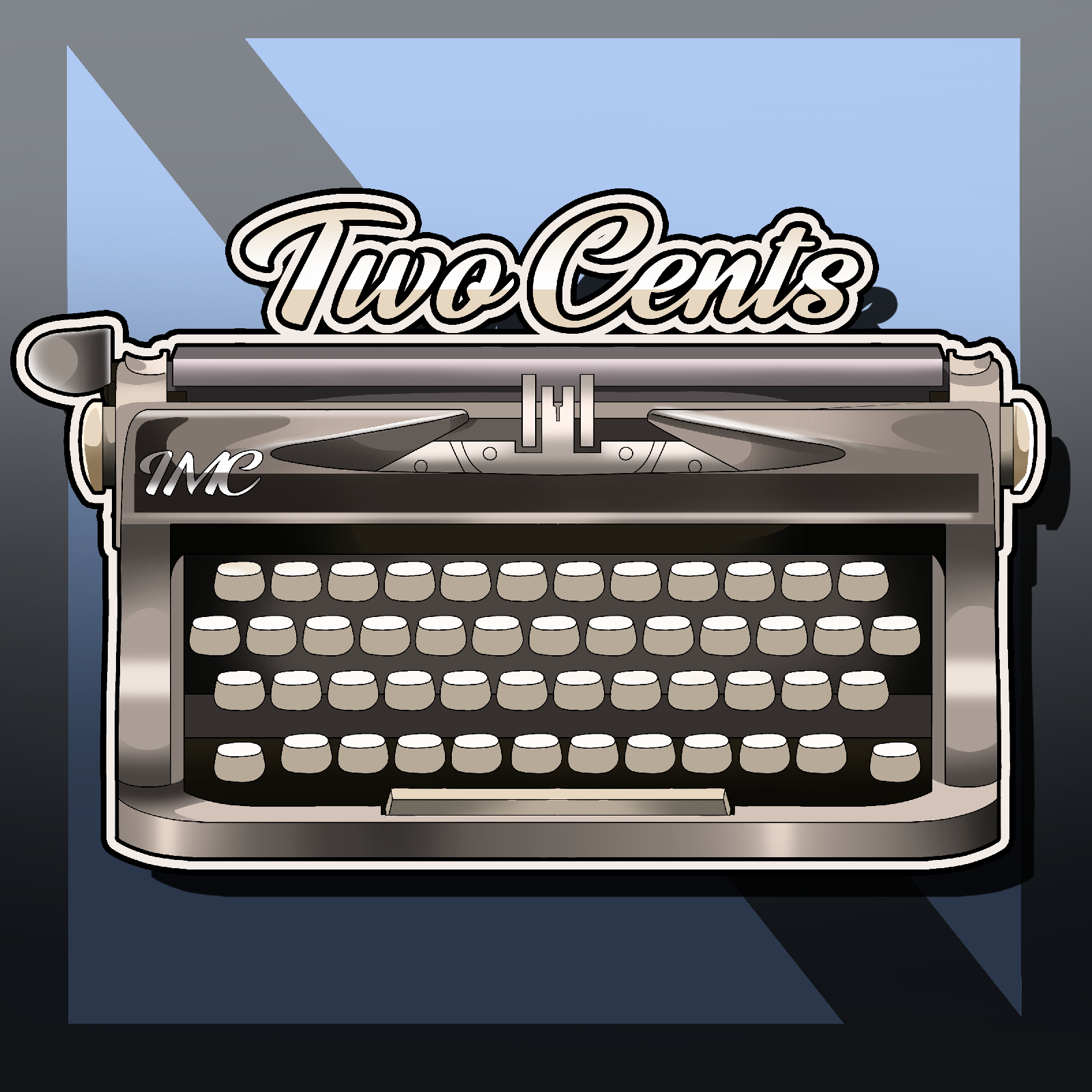Ray Bradbury's The Halloween Tree
 Last week, I talked about Ray Bradbury's The October Country.
Last week, I talked about Ray Bradbury's The October Country.In that post, I mentioned it was my belief that Bradbury's forte in terms of writing was in the short story form, exemplified in collections like The Martin Chronicles, The Illustrated Man, The October Country, and I Sing the Body Electric. While I still believe that, there is no denying that, when he put his mind to it, he could also write novels as well. In fact, it's his novels that most casual readers know him by: Fahrenheit 451, Something Wicked this Way Comes, and Dandelion Wine.
One novel of his that serves as a great example of his skill as a novelist is 1972's, The Halloween Tree.
Like many of Bradbury's works, the story of this novel's origins is worth telling in itself. (You can see him tell the story in summary in the television interview below.)
The story goes that Bradbury and his daughters sat down to watch one of--if not the first--broadcasts of the Halloween special classic, It's the Great Pumpkin, Charlie Brown. As much as Bradbury admired the work of Charles Schultz and his cast of Peanuts characters, when the special ended, it found himself disappointed. And he wasn't the only one. "My children," he recalled to Biographer Sam Weller, "Ran over and kicked the television set. They promised the Great Pumpkin was going to come out and he never did."
Sometime later, Bradbury was sharing a meal with legendary Looney Toons animator, Chuck Jones, who, alongside Bradbury was working for Warner Bros' animation division at the time. In the course of the meal, The Great Pumpkin came up, and Bradbury expressed his dissatisfaction with the special's ending. Jones, who had previously co-created How the Grinch Stole Christmas with Dr. Seuss himself, liked the idea of doing his own Halloween-centric animated movie as a response and enlisted Bradbury to write the screenplay, which he did.
Sadly, before the film could actually go into production, Warner Bros, which had begun to cut back what they deemed "unnecessary costs," closed their animated department.
As usual in Bradbury's life when such an event occurred, he didn't just let his story gather dust. Instead, he adapted it into the novel we know today as The Halloween Tree. (The novel eventually did become a Halloween special for Cartoon Network in 1993, for which Bradbury also wrote the screenplay, and even performed some voice-over narration, netting him an Emmy award in the process.)
I mentioned earlier that this book acts as a perfect example of Bradbury's literary skill as a novelist. It does so because it's not a very long book. In my Yearling edition, the novel runs a mere 142 pages of text (not including all the title pages, dedications, and publisher's notes). This makes it only 20 pages shorter than his classic dystopia, Fahrenheit 451. Bradbury cut his teeth first and foremost as a short story writer, the form in which he excelled the most. Thus, he was best when he was brief, the briefer the better. In that way, I believe, he's very similar to Ernest Hemingway, who similarly first began with short stories before moving on to novels, his best (and shortest) being The Old Man and the Sea.
Just because the book is brief though doesn't mean it isn't powerful. Take for example this description of the shoes belonging to the central character, Pipkin:
"Pipkin, oh, dear Pipkin, finest and loveliest of boys. How he ran so fast no one knew. His tennis shoes were ancient. They were colored green of forest jogged through, brown from old harvest trudges through September a year back, tar-stained from sprints along the docks and beaches where the coal barges came in , yellow from careless dogs, splinter-filled from climbing wood fences. His clothes were scarecrow cloths, worn by Pipkins' dogs all night, loaned to them for strolls through town, with chew marks along the cuffs and fall marks on the seat."
This is Bradbury, rhapsody in autumn, speaking in his usual tone and idiom.
His prose aside, the story itself is a heart-warming one, perfectly suited for the holiday season Bradbury's beloved Hallowtide commences. In another interview given by Bradbury near the end of his life, he mentions that one of the most important books to him is Charles Dickens' A Christmas Carol (see the below interview for further detail).
The Halloween Tree is, in its own way, Bradbury's Hallowtide Carol. There is one difference between the two stories though, their seasons aside. However, I think it best to leave what this is up to you readers to find out.
Dealing with themes of Friendship, the Process of Growing Up, and the Embracing of Life, The Halloween Tree is one of the peaks of Bradbury's literary career, and much like A Christmas Carol, once you've made it a part of your holiday tradition, you'll go back to it year after year.

